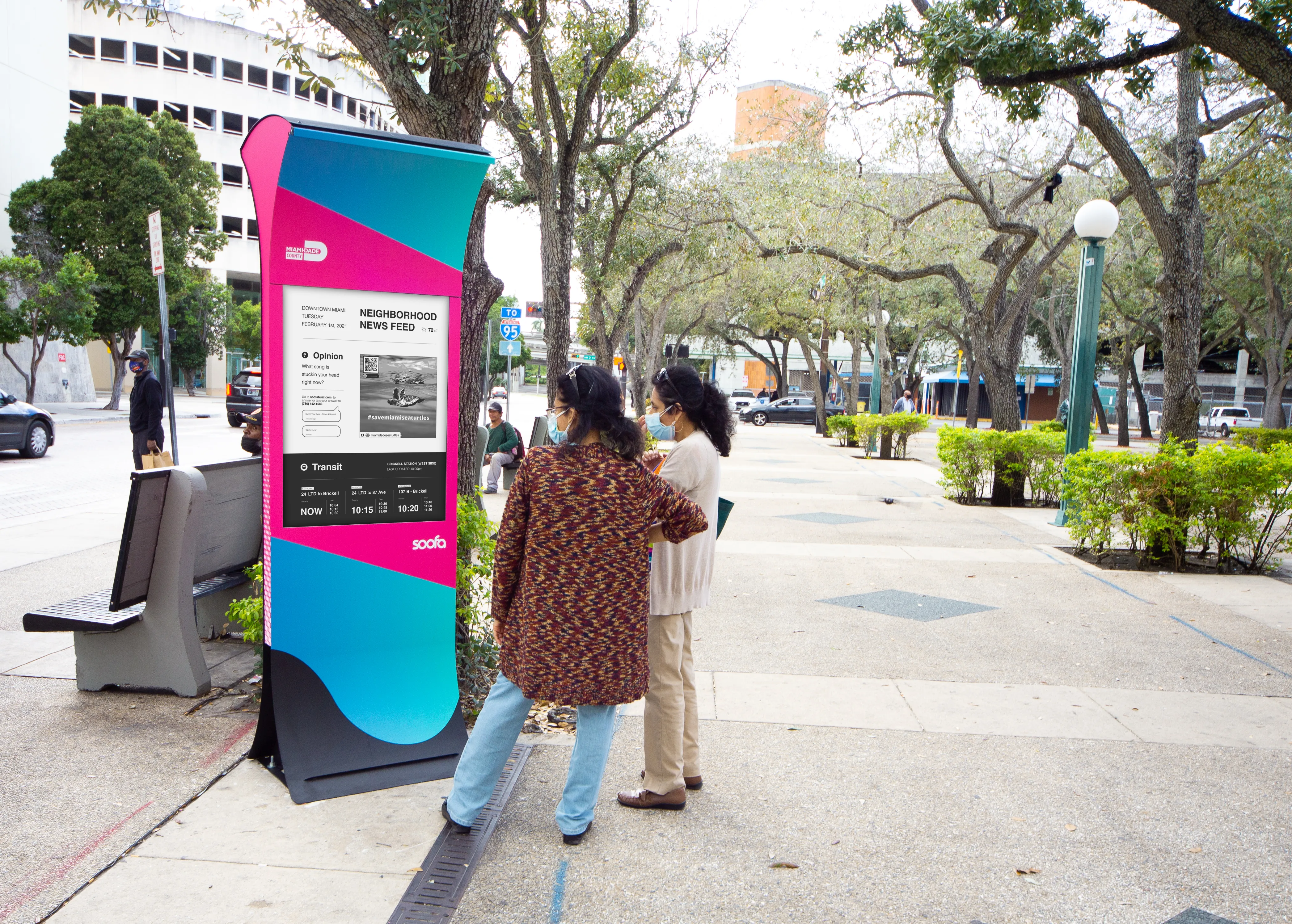Transit Windsor in Ontario, Canada has begun the testing phase of its new intelligent transportation system (ITS) as part of an ongoing effort to create a more efficient, safer and more user-friendly public transit system.
Currently, ten Transit Windsor buses are equipped with the new system and providing automated stop announcements. This system provides onboard voice and visual announcements, which include next stop messages. Voice announcements are coordinated with display signs inside the bus. Pre-b
February 17, 2017
Read time: 2 mins
Currently, ten Transit Windsor buses are equipped with the new system and providing automated stop announcements. This system provides onboard voice and visual announcements, which include next stop messages. Voice announcements are coordinated with display signs inside the bus. Pre-boarding external audible announcements are also provided to waiting passengers waiting at bus stop locations.
In addition to security cameras on all buses, passengers can receive text messages by using the SMS stop prediction feature, enabling passengers to reduce their wait time for a vehicle or simply find the next Transit Windsor bus at their location.
Similar to the SMS prediction feature, Transit Windsor’s interactive voice response prediction feature allows passengers to dial in for an up-to-the-minute prediction of a Transit Windsor bus arrival at a chosen stop.
In addition, an online portal enables passengers to access real-time bus arrival information via the internet.
More buses will be added over the next several weeks as the technology is tested and rolled out.










